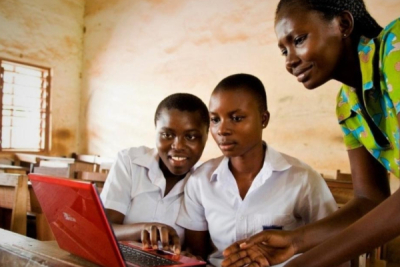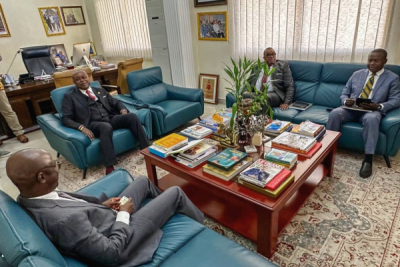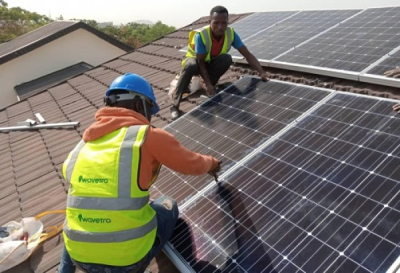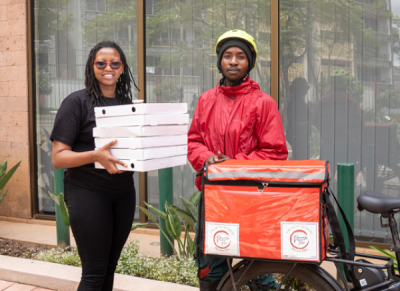- GSMA proposes lowering Internet quality standards to boost access in Sub-Saharan Africa
- GSMA argues strict speed and reliability rules deter rural investment
- Critics warn reduced quality may harm businesses and user experience amid rising digital demands
- Observers call for more public investment and improved tax policies to support telecom growth
The Global System for Mobile Communications (GSMA) proposes a controversial strategy to accelerate internet access in Sub-Saharan Africa, where penetration remains the world's lowest at roughly 40% of the population: relax quality of service (QoS) requirements.
In its report, "Advancing the Digital Transformation of African Economies. Analytical and Methodological Paper," the GSMA argues that stringent standards for network speed and reliability impede investment, particularly in rural and peri-urban areas.
The organization's analysis indicates that doubling speed requirements would escalate infrastructure investment costs by 20% to 50%. Similarly, reducing 4G reliability standards, for instance, from 95% to 50% during peak hours, could slash the cost of achieving universal broadband in Sub-Saharan Africa by 30%. Citing the International Monetary Fund, the GSMA suggests this would lower the total investment from $91 billion to $64 billion.
The GSMA contends that easing standards would make investments more viable, while benefiting consumers through reduced prices. The report projects that a less demanding approach to QoS could decrease mobile data prices by 33% by 2028 and increase internet users by 23% compared to current projections.
This strategy, the GSMA asserts, would also enable operators to more effectively deploy 5G, expand 4G coverage, and maintain 3G in less connected regions. The organization emphasizes that aligning with less rigid international standards could stimulate demand and attract greater investor interest.
However, the proposal faces opposition. Some experts express concern that diminished service quality could negatively impact users, especially businesses reliant on stable connections. With the growth of bandwidth-intensive services like video streaming, gaming, and cloud computing, reliable internet access is crucial for optimal user experience.
Other industry observers highlight the urgent need for increased public investment in high-speed telecom network deployment, now considered essential for security, economic, and social development. They also advocate for improved tax policies to incentivize telecom operator investment.
In 2019, the International Telecommunication Union (ITU) asserted that a 10% increase in mobile internet penetration in Africa would boost GDP per capita by 2.5%.
Muriel EDJO



















